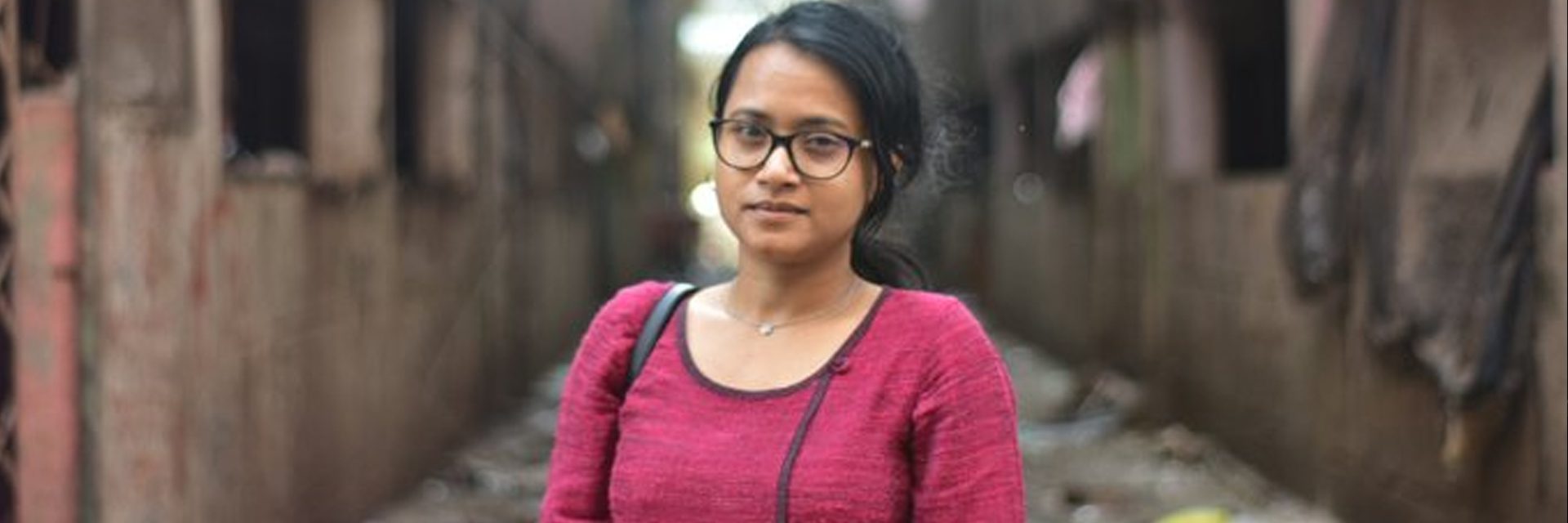(May 11, 2022) In the last few years, India has emerged as the third largest ecosystem for startups globally with over 66,359 DPIIT-recognised startups across 642 districts. With many global leaders looking to invest in Indian market, the country is witnessing a boom in the number of unicorn companies – privately held startups with $1 billion valuation or above. Interestingly, India’s startup landscape has seen close to 100 unicorns being added since January 2019. Furthermore, the country is expected to birth more than 250 unicorns by 2025, according to the Iron Pillar report ‘India Tech Trends’.
As the technology ecosystem continues to grow, Global Indian turns the spotlight on five companies, who recently made it to the country’s unicorn club.
MindTickle – Krishna Gopal Depura, Deepak Diwakar and Nishant Mungali
In 2011, three Pune-based techies – Krishna Gopal Depura, Deepak Diwakar and Nishant Mungali started a group to take part in gamified knowledge-based treasure hunts as a hobby. The idea was not only to do something interesting, which could be at the intersection of fun and learning, but also transform the mundane life of corporates. Intrigued with the possibility of making a business out of their passion, they approached investors in 2011, pitched them MindTickle, and positioned the startup as a gamification platform for corporates.
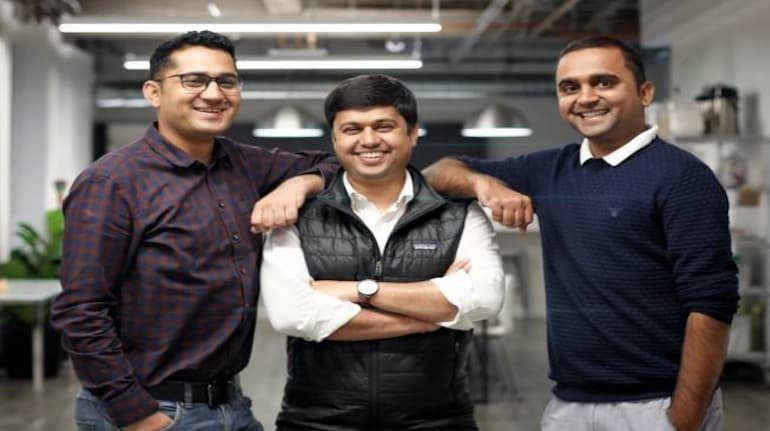
Krishna Gopal Depura, Deepak Diwakar and Nishant Mungali
Ten years later, it was valued at $1.2 billion by SoftBank Vision fund, making it a unicorn company. Though MindTickle had its share of teething troubles, the founders never gave up on their vision. During an earlier interview, Krishna shared that though they were able to grab the attention of marquee venture capitalist (VC) fund Accel in 2012, over the next five years the business kept trickling in.
They had their eureka moment in 2015, when the founders realised that they were trying to sell their product in the wrong market. To set things right, MindTickle team used LinkedIn to gauge the need for training for sales executives. After realising that their product suited the US market, they focussed sharply on solving the pain points of business leaders who were looking for sharper and ready sales staff for their business.
Soon MindTickle started striking multi-million dollar deals with single customers. In 2017, MindTickle raised $27 million. Two years later, came $40 million in a series C round. Next to follow was a hefty cheque of $100 million from SoftBank Vision Fund in November 2020, which made MindTickle SoftBank’s first software-as-a-service (Saas) investment in India.
The startup now claims to have over 250 customers, and gets 80 percent of its revenue from the US, with the rest coming from Europe and Asia.
PharmEasy – Dhaval Shah, Harsh Parekh, Siddharth Shah, Hardik Dedhia, and Dharmil Sheth
The pharma industry has never been an organised sector in India. However, a six-year-old company changed the game by bringing together patients, pharmacies and diagnostic centers on one platform. In 2015, two young Mumbaikars – Dharmil Seth, an alumnus of IMT Ghaziabad, and Dr Dhaval Shah, an MBBS from Rajiv Gandhi Medical College, came together to digitalise the medicine industry, so that one could order their medicines from a wide range of e-commerce medical stores online and get them delivered online without any hassles.
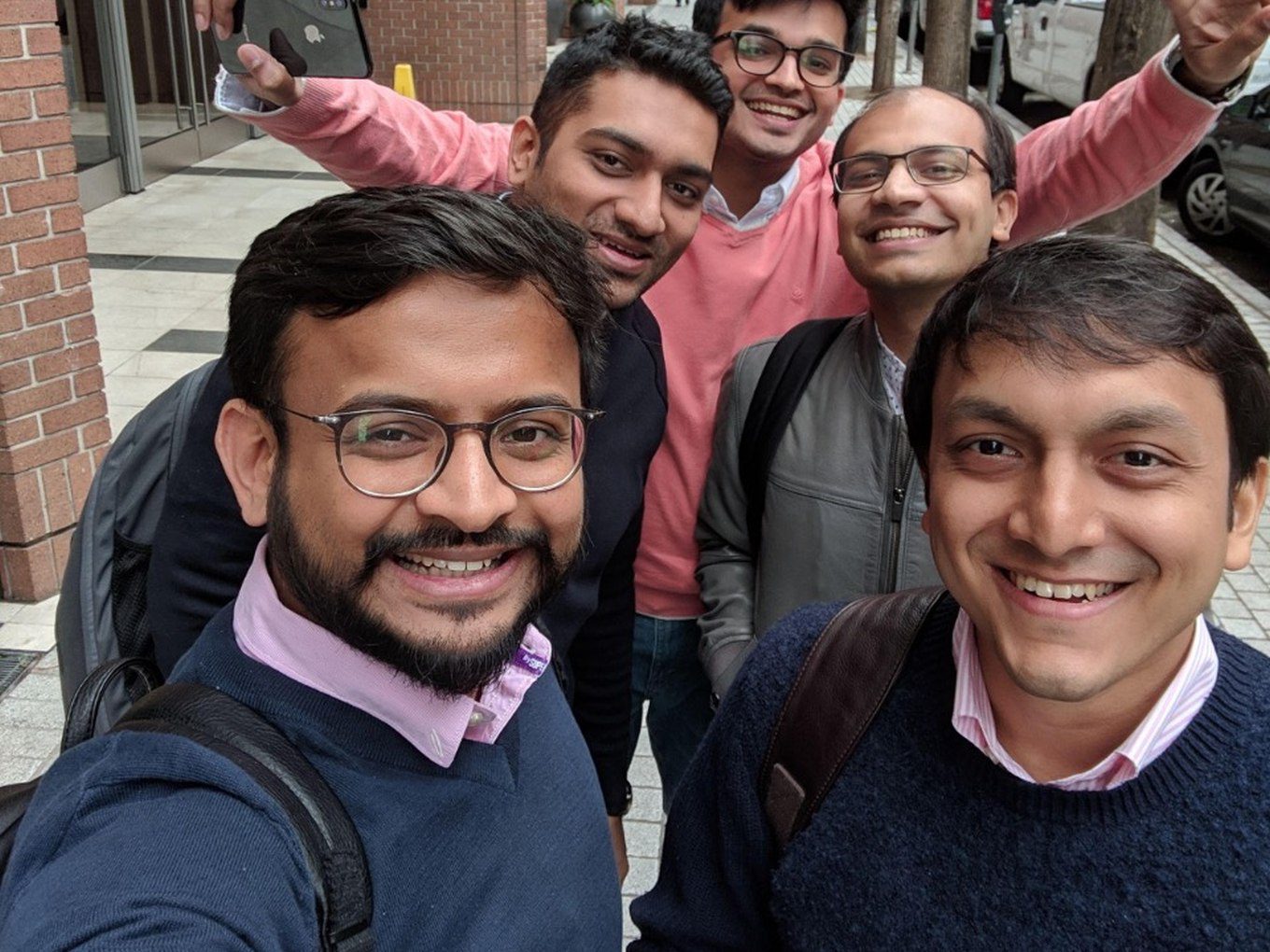
Dhaval Shah, Harsh Parekh, Siddharth Shah, Hardik Dedhia, and Dharmil Sheth
Since then, its B2B business has grown manifold. In 2019, PharmEasy merged with Ascent Health, to form API Holdings, which brought in three new co-founders on board – Siddharth Shah, Hardik Dedhia, and Harsh Parekh. In 2021, the startup joined the unicorn club and became the first e-pharmacy to do so with a valuation of $1.5 billion.
However, PharmEasy has its share of challenges, including the supply chain logistics. The biggest roadblock initially was the lack of digitised records. To overcome this, the founders ensured that every retailer they work with has digital records and a proper system by offering inventory management and accounting tools.
Today, the B2B pharma distribution business connects over a whopping 100,000 retailers to around 4,500 distributors. Furthermore, PharmEasy is looking to expand its diagnostic business which has witnessed a massive surge in the past year.
Moglix – Rahul Garg
Backed by Ratan Tata and Accel Partners, Moglix was launched in 2016 by an IIT-Kanpur and ISB alumnus, Rahul Garg. Headquartered in Singapore, its mission is to tide over the gap between B2B merchants and consumers, and develop an exclusive digital-trade ecosystem, tailor-made to satisfy the diverse needs of buyers and sellers.

Rahul Garg
One of Asia’s largest and fastest-growing supply chain services companies, Moglix joined India’s unicorn club in May 2021 after raising Series E round funding of $120 million that boosted the company’s valuation to surpass the $1 billion mark. However, the company did go through some tough time during the global pandemic. In the wake of the massive global supply chain disruptions due to the COVID-19, Moglix looked to partnering with enterprises across industry verticals to map their supply chain requirements and provide technology-enabled solutions that are customised and scalable. They even provided PPE, medical kits, cleaning and housekeeping items, and surface agents at economical prices through its e-commerce portal moglix.com.
At present, the company claims to provide solutions and industrial products to more than 500,000 small and medium enterprises as well as to over 1000 large manufacturers across India and the UAE. It has a supply chain network of over 16,000 suppliers, and operates across 40 warehouses along with an in-house logistics infrastructure.
CoinDCX – Sumit Gupta and Neeraj Khandelwal
Even though the world of crypto is still volatile with no clarity on the legality of the digital asset, two college friends- Sumit Gupta and Neeraj Khandelwal – pooled in all their life savings to start cryptocurrency exchange CoinDCX in 2018. Unfortunately, it was the same year when Reserve Bank of India issued a banking ban on crypto transactions. Several crypto startups had to shut shop or continue operations while navigating numerous roadblocks. CoinDCX, too, decided to fight the uphill battle and was among the few players that contested the regulator’s ban in court.
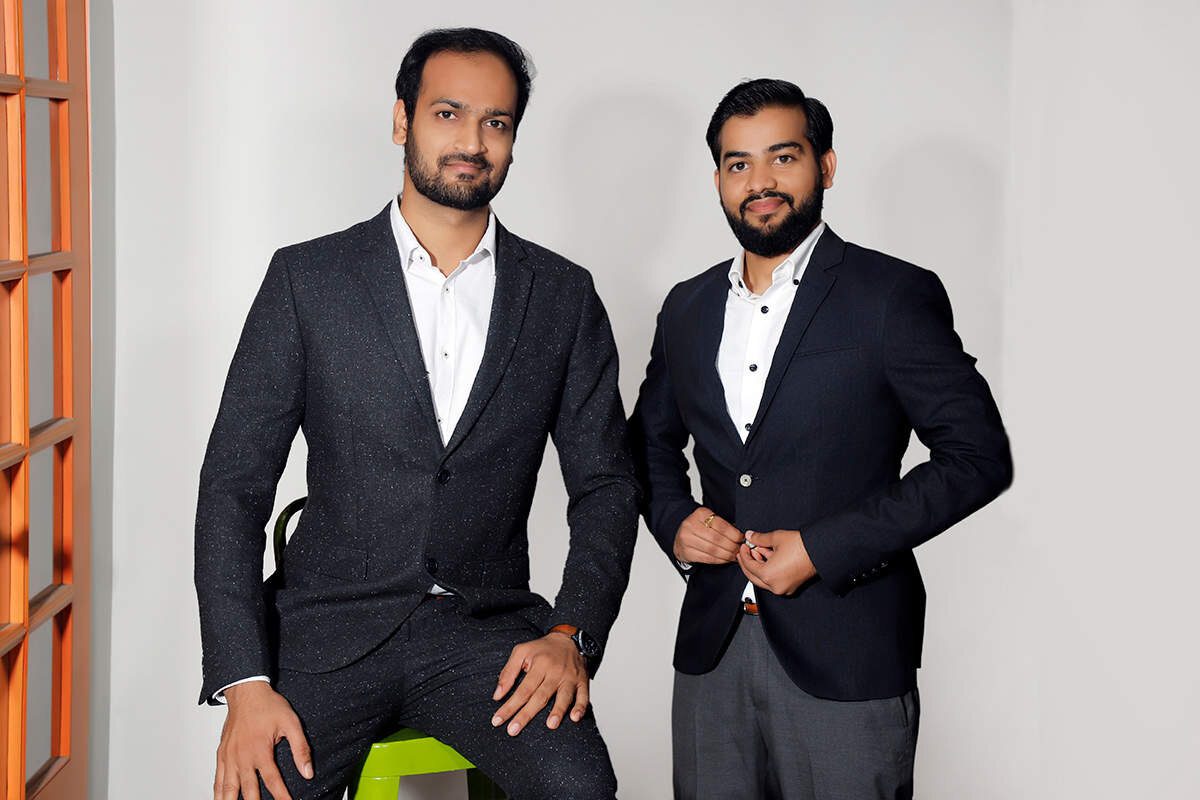
Sumit Gupta and Neeraj Khandelwal
In March 2020, the Supreme Court lifted the ban on cryptocurrency exchanges and one-and-a-half years later, CoinDCX became the first crypto startup to enter the unicorn club with a $90 million funding led by B Capital. During an interview, Sumit shared that the CoinDCX team has seen the total spectrum of fundraising in the space during their journey. What helped them was keeping their heads down and focusing on building their company.
With over 3.5 million users, CoinDCX is now aiming to make crypto more accessible in India and accelerate its efforts of bringing 50 million Indians into the crypto fold.
GlobalBees – Deepak Khetan, Nitin Agarwal, and Supam Maheshwari
Based on the Thrasio model, e-commerce startup GlobalBees was founded in May 2021 by FirstCry founder Supam Maheshwari and Edelweiss’ former President Nitin Agarwal. The idea was to acquire digital-first brands across categories such as beauty, nutrition, food, fitness, personal care, lifestyle, home, sports and lifestyle, which have a revenue rate of $1 million to $20 million, and help them scale up and grow. In just seven months, GlobalBees made it to the unicorn list in December 2021, by raising $150 million in a Series A financing round led by FirstCry.
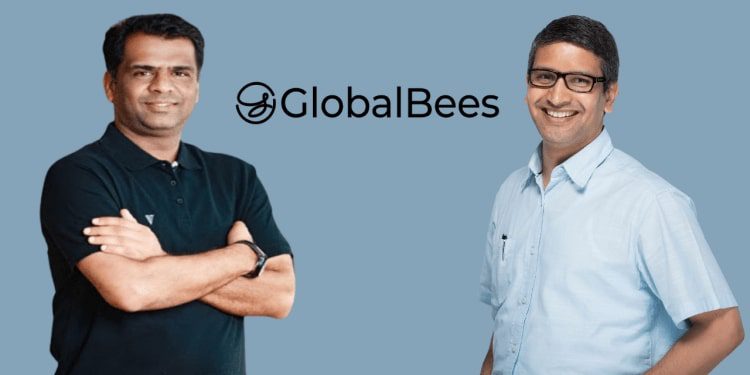
Deepak Khetan, Nitin Agarwal, and Supam Maheshwari
In the last few years, many ecommerce brands have cropped up in India, owing to the evolution of the ecosystem with better logistics, deeper internet penetration, and increased consumer interest and trust. However, what make GlobalBees different is their ambition to build the product and focus on innovation. The company acquires and partners with sellers on Amazon and equips them with capabilities across marketing and growth, technology, distribution, sourcing, branding, warehousing, logistics, R&D, product development, and operations — all things essential to rapidly scale the brands in the digital space.
GlobalBees has acquired 12 brands across categories, including The Better Home, Prolixr, Absorbia, Yellow Chimes, HealthyHey, and others. Presently, the company’s strategy is to work with these and build them up.
Also Read: Author Jyoti Guptara is helping businesses with his storytelling skills

